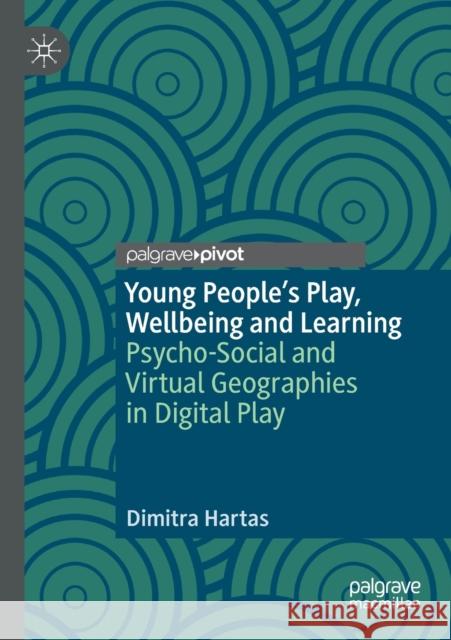Young People's Play, Wellbeing and Learning: Psycho-Social and Virtual Geographies in Digital Play » książka
topmenu
Young People's Play, Wellbeing and Learning: Psycho-Social and Virtual Geographies in Digital Play
ISBN-13: 9783030600037 / Angielski / Miękka / 2021 / 154 str.
Young People's Play, Wellbeing and Learning: Psycho-Social and Virtual Geographies in Digital Play
ISBN-13: 9783030600037 / Angielski / Miękka / 2021 / 154 str.
cena 201,24
(netto: 191,66 VAT: 5%)
Najniższa cena z 30 dni: 192,74
(netto: 191,66 VAT: 5%)
Najniższa cena z 30 dni: 192,74
Termin realizacji zamówienia:
ok. 16-18 dni roboczych.
ok. 16-18 dni roboczych.
Darmowa dostawa!
Kategorie:
Kategorie BISAC:
Wydawca:
Springer Nature Switzerland AG
Język:
Angielski
ISBN-13:
9783030600037
Rok wydania:
2021
Ilość stron:
154
Waga:
0.21 kg
Wymiary:
21.01 x 14.81 x 0.91
Oprawa:
Miękka
Wolumenów:
01
Dodatkowe informacje:
Wydanie ilustrowane











